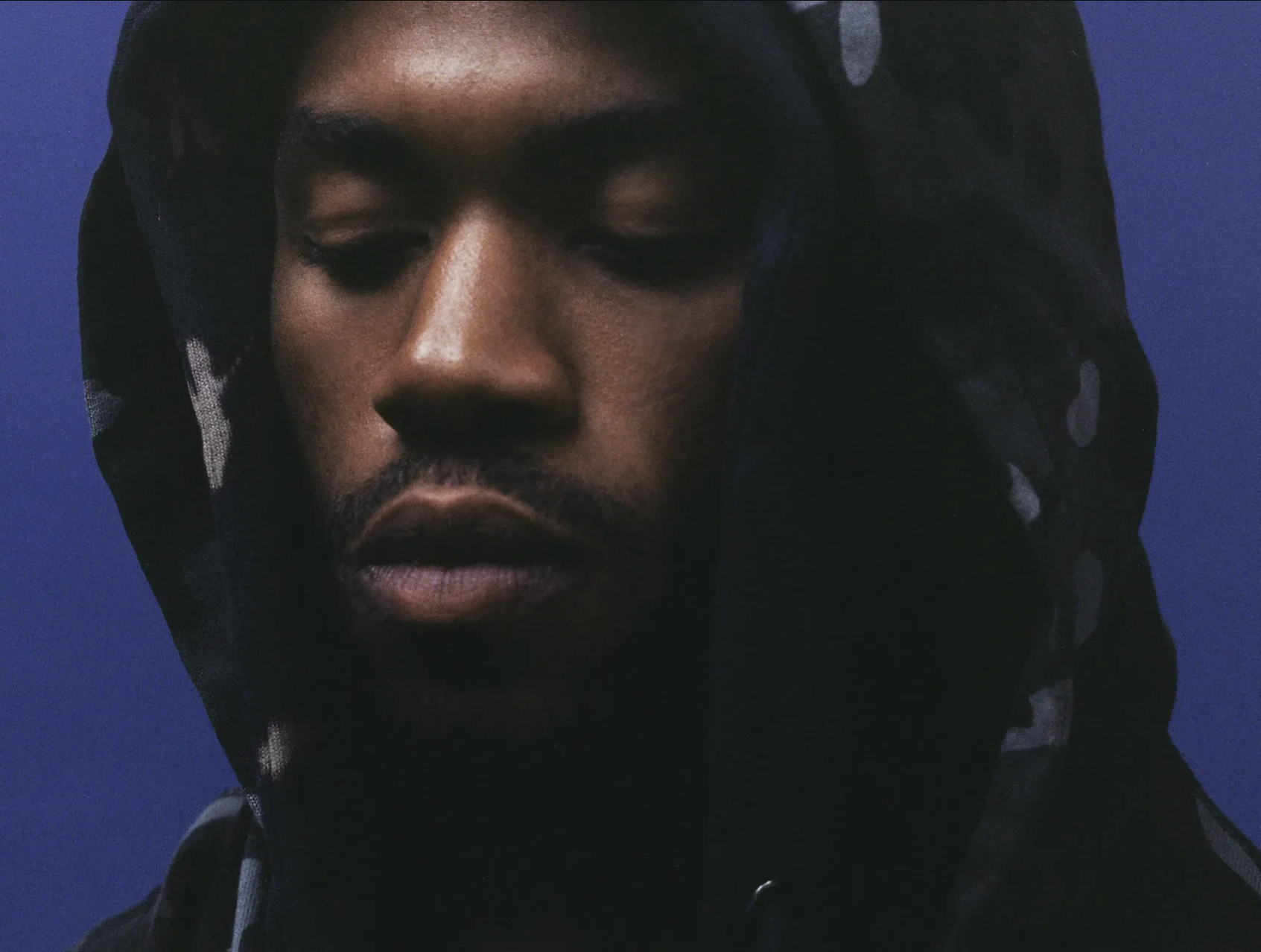For a select group of students that began their collegiate career in the midst of Covid-19, many high school memories replay occasionally to the soundtrack of numerous Brockhampton songs.
A 13-year-old Kevin Abstract posted onto a Kanye West fan forum in 2009 asking for artists that would be interested in starting a band, according to GQ Magazine. The rest of the band, while dispersed globally, then began working together to create a unique product.
Abstract has continuously released solo music since 2015 alongside Brockhampton, making sure to set himself aside as a solo artist and to not limit his personality as one immersed with the band. In 2019, Abstract told GQ that Brockhampton stood on a time limit, that the band’s existence was a temporary one. In any situation, a band with over 15 members would be hard to controllably manage.
In November 2022, the band announced that they were releasing their final album together. This November, Abstract released his latest solo album: “Blanket.” This album, however, strayed from the typical sound that Abstract and his boy band embodied and instead veered in an indie-rock direction.
The album kicks off with “When The Rope Post 2 Break,” a mellow guitar track with minor chords and soft vocals. Any traditional Abstract listener would quickly hear the difference as the verse switches to whispering: the sound reaches for an edgy grunge rather than the previous pop/R&B consistency he’d create. His voice is almost unrecognizable compared to his previous work.
This immediately sets the tone of Abstract’s feelings toward his previous experiences with Brockhampton, listeners can infer.
“Cash and fantasy, babe, it’s all the same / You reach out your hand / Why would I climb if the rope’s supposed to break?” Abstract said in the song.
Following the GQ interview where he stated that his band, Brockhampton, had an expiration date, listeners and fans can quickly make the connection.
The title track, “Blanket,” begins with whispering and mellow guitar, similar to its predecessor, but quickly amps up to a loud electric guitar intro. The song returns to the whispering and continues to oscillate between the two sounds. Sounds of energetic screams rhythmically repeat in the background with no other vocals.
At this point, two songs into the album, I had to ask myself: What exactly prompted the artist to pull a sound so far out of left field? There have been some insertions of chaotic instrumentals and screaming in Brockhampton’s music, such as “BOOGIE” off of their album, “SATURATION III,” but they have steadily maintained their rhythmic sound as rappers.
Well, here’s the answer: this was his take on a Modest Mouse, Nirvana, Sunny Day Real Estate album, as he told the Line of Best Fit music magazine. Abstract decided to pull from the rock scene for this album, collaborating with Brockhampton producer Romil Hemnani and producer Jonah Abraham.
The third track, “Running Out,” begins with an ominous whispering before falling into a more cohesive beat. This track shows that the whisper element is more of a pattern, appearing in each song. Abstract decided to ditch the heavy guitar for “Running Out,” relying more heavily on percussion and background production. This song remains more on the mellow side, but builds gradually toward the end.
This album seems to capture Abstract’s angst toward the band- possibly that it constricted his growth as a solo artist.
“I tried to tell ‘em / But they ain’t wanna listen to me,” Abstract says in the first verse of his song, “The Greys.”
Some songs on the album, “Voyager,” “Mr. Edwards ” and “Madonna,” embody a bit of a more upbeat sound, but still hold onto most of the grunge influence present in the rest of the tracks.
Now that I’ve described the deal with the album, why exactly this change in artistry is such a 180º, I believe it’s important to note that Abstract has always been experimental in his nature. By starting Brockhampton, he wanted to redefine the term “Boy Band” as one that could branch into its own cultural phenomenon, different from what we’ve seen in the past.
On the last track of the album, “My Friend,” Abstract decides not to change his voice to fit the grunge aesthetic of the rest of “Blanket.” Paired with an acoustic guitar in the background and lyrics like “The way I think about you, my friend / No you’ll never understand,” Abstract creates a more sentimental atmosphere to close out his latest solo album. In all the angst and anger and resentment that bleeds from each song, Abstract creates a unique product – one that the world of music hasn’t quite seen before.




